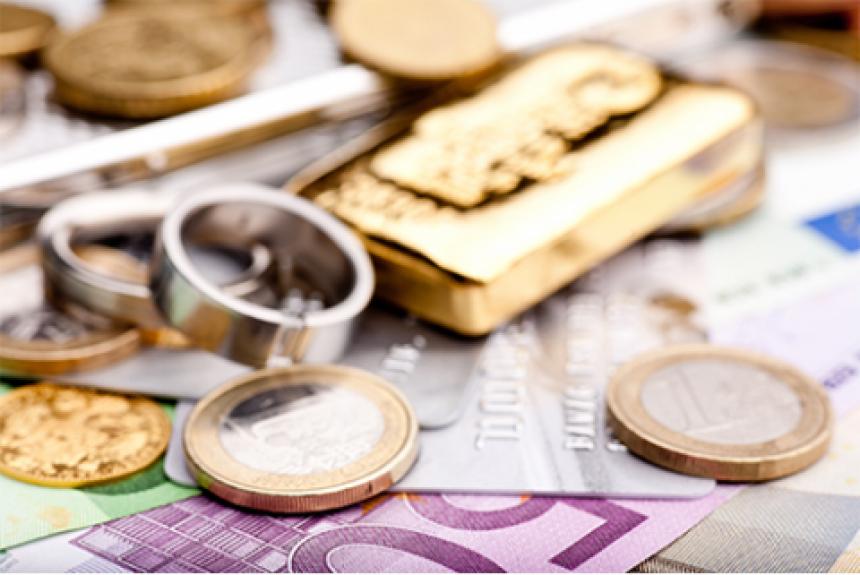
After your family, your home is probably your most valuable possession, along with anything in your home. It is important to keep anything you value safe and secure in your home to protect it from theft or a natural disaster. Some typical valuable possessions include jewelry, passports, fine art, financial documents, sentimental belongings, etc. So, what are some ways you can keep your valuable possessions safe at home?
First, you should consider purchasing a fireproof safe that you can place in a secure area in your home. Inventory all of your valuables and keep the inventory list on file in your computer, secured by a password, and put a hard copy of the inventory list in a safe or other secure location. The following should be included in your inventory list:
- When the item was purchased or its origin.
- A description of the item (which includes any distinguishing features).
- Where the item is located.
In addition to a safe, you should purchase a safe deposit box at a local financial institution for your valuables that you do not need to access often, such as estate planning or other legal documents not used regularly. Doing this will ensure that your valuables will be safe should your home be destroyed.
Another important way to keep your valuables safe is to obtain the insurance coverage necessary to protect pieces of jewelry, art, or other sentimental valuables; be aware that some of these valuables may require an appraisal. Most experts will tell you that it is important to take pictures of your home (including pictures of each room) and your valuables to have available for insurance purposes in the case of any type of disaster or other emergency situation. You may also consider videotaping your home/valuables and keeping a copy of the tape in a fireproof safe and/or in a safe deposit box. You might want to convert the videotape to a CD-ROM for easier access and storage.
You should also back up all of your computer information onto a secure external hard drive that can be removed quickly if needed. Additionally, if you want to keep old photos secure, scan them onto your computer. Then, save them onto a CD-ROM (or other storage device) and store them in your safe or safe deposit box. This may be a time-consuming activity, but it is worthwhile to be prepared in the case of emergencies or disasters.
One simple thing you can do is use an alarm system for your home that will detect burglary, robbery, fire, and other harmful elements to your home (e.g., carbon dioxide). If you do not feel you need an alarm system, be sure to secure your windows and doors any time you leave your home and when you go to bed. As a further precaution, etch your name on all of your computer equipment so it is easily detectable should it be stolen or misplaced. Also, avoid using a hidden key at your home; give an extra key to a trusted neighbor, friend or local family member if you are concerned.
The key to your safety is preparation. While some of these things may take time, the end result will be your peace of mind in the case of a disaster or other emergency. BancorpSouth Insurance Services can give you the peace of mind when keeping your valuables safe at home. Visit us today at BXS Insurance to get a quote to protect your valuables.
Harland Clarke Digital® provides managed email services for several BancorpSouth marketing programs. This content is shared with permission. Any views expressed reflect the opinion of the original author(s).

